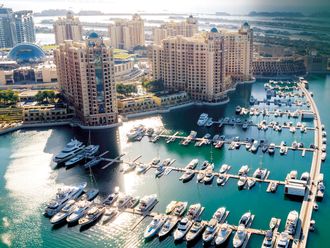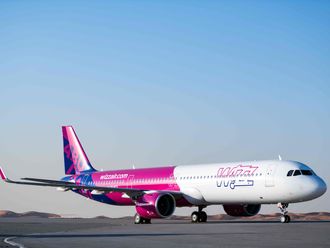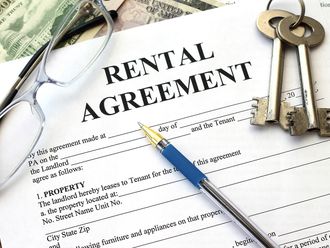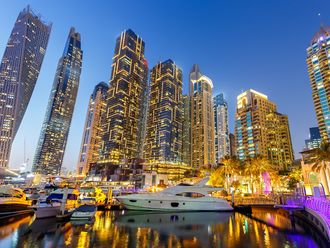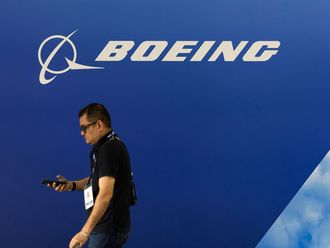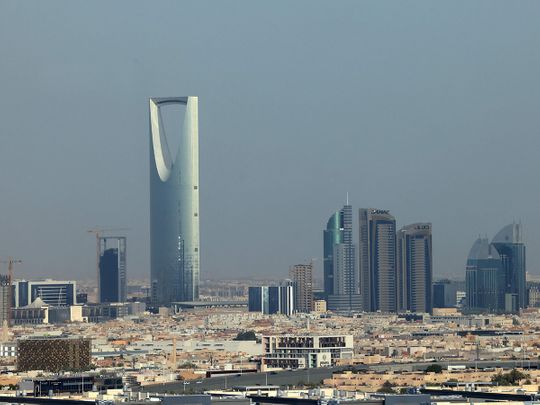
Riyadh: Roshn Real Estate, one of Saudi Arabia’s largest master developers, has lined up about SR10 billion ($2.67 billion) in funds as it gears up to work on a slew of projects across the kingdom.
The firm, owned by Saudi Arabia’s sovereign wealth fund, raised the financing after securing a SR6 billion revolving credit facility from three local banks earlier this year.
“We’ve got about 10 billion lined up in balance sheet credit although we haven’t drawn the first six yet because we actually have enough money within our business at the moment from our receipts,” Roshn Group CEO David Grover said in a recent interview. “But we will be drawing it down in the next three to nine months because we have some other investments that we need to make in terms of putting cash in to start projects.”
Roshn is building around 400,000 homes across the kingdom along with about 1,000 schools and entire commercial and entertainment districts. The developments are part of a plan by the country’s ruler Crown Prince Mohammed bin Salman, to upgrade infrastructure in the world’s biggest oil exporter to help diversify the economy away from its reliance on hydrocarbon wealth.
The developer, created three years ago, collected SR11 billion in the past 18 months from advance home sales, the CEO said. While most of the revenue comes from gradual payments by buyers as homes get built, some revenue is also being generated from land sales, Grover said.
The company expects to award contracts worth SR35 billion in the next 12 months as it ramps up construction on various mixed-use developments in several cities in the kingdom, the CEO said. Roshn said it awarded Chinese and Saudi firms contracts valued at SR9 billion this month. Those include a SR7.7 billion construction contract to China Harbour Engineering to develop 6,700 residential units, including mosques, community centers and retail spaces.
The developer’s financial planning is very much structured to “make sure that we don’t have to slow down our journey at all if for any reason the funder wants to stop putting any cash into our business for two years,” Grover said.


